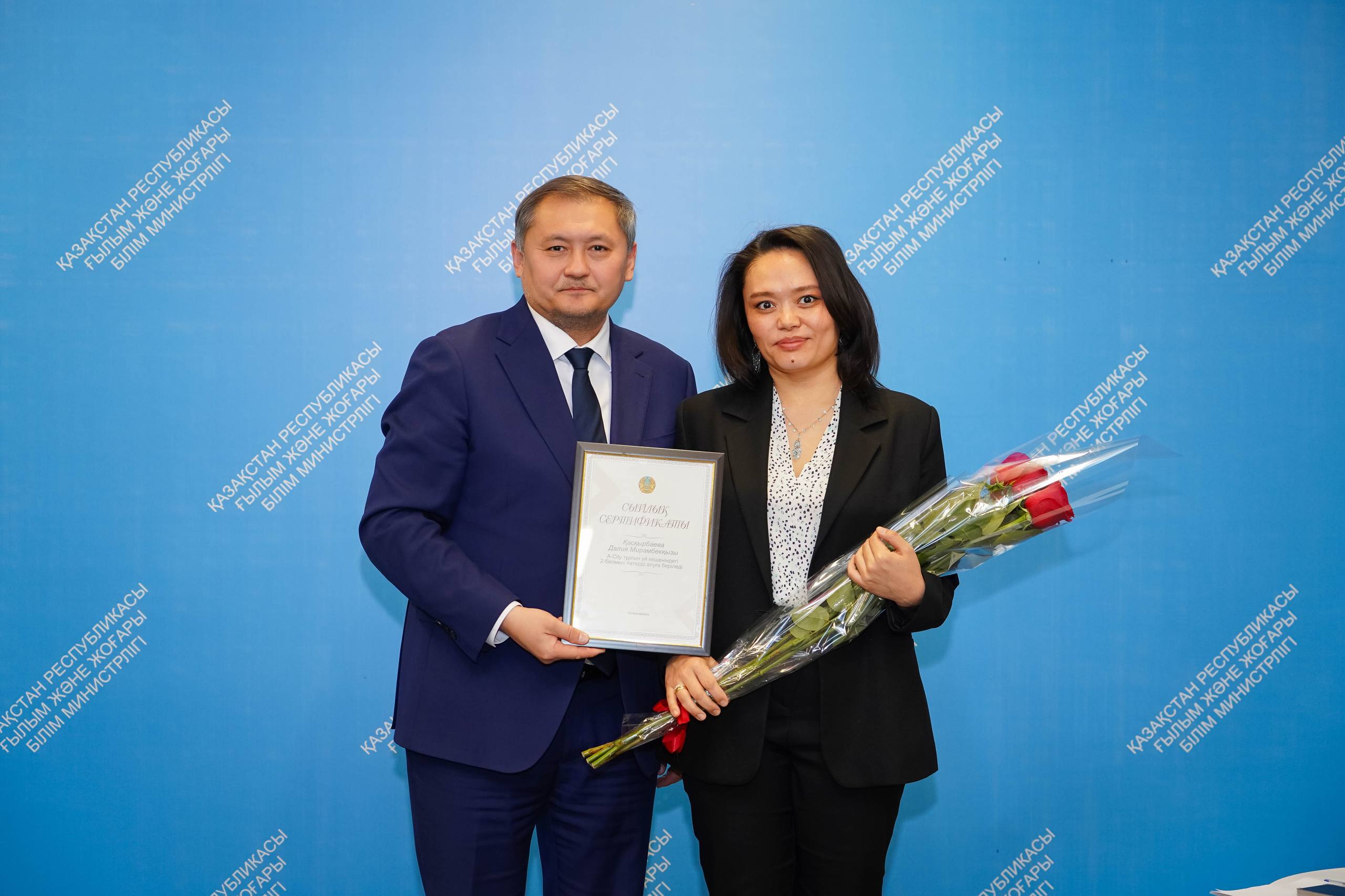The project team has conducted:
- An analysis identifying key problems such as the limited powers of maslikhats, their dependence on executive bodies, insufficient funding, low qualifications of deputies, as well as the lack of accountability mechanisms and bureaucracy.
The project team proposes to:
- To amend legal acts to expand the powers of maslikhats, including new functions such as monitoring of decisions of akims and control over the budget of public participation;
- Increase the number of staff members of maslikhats’ apparatuses to ensure their efficient work;
- Introduce a mandatory invitation of the media to open sessions and meetings of permanent commissions to ensure accessibility of information to the public;
- Establish the obligation of deputies to hold offline meetings with the public;
- Introduce professional development programmes for deputies in licensed educational organisations to improve their professional skills and prevent monopolisation of education;
- Develop a Programme of learning activities to help new deputies adapt, including online and offline sessions on key aspects of state and local government, legislation, ethics, communication and governance;
- Approve the concept of digitalisation of Maslikhat activities and develop a modern information system, e-Maslikhat, which will provide comprehensive support for Maslikhat activities, business process management, planning, and analysis, as well as interaction with citizens and other authorities.






